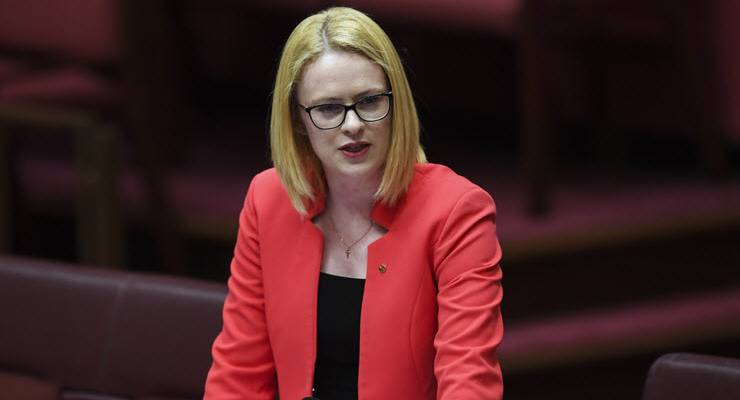
The process of making appointments to the Administrative Appeals Tribunal (AAT) remains opaque, and subject to significant ministerial discretion, despite assurances from the Attorney-General Christian Porter it would be re-evaluated and shaken up.
In an occasionally heated estimates session of the Senate’s Legal and Constitutional Affairs Committee, Labor’s Murray Watt lashed out at the “sheer number of political appointments made by the government to the Administrative Appeals Tribunal”.
An Inq investigation published last year found evidence the government had systemically stacked the powerful quasi-judicial body during its six years in office with Coalition apparatchiks, ex-candidates, donors and other loyalists. Sixty-five of the AAT’s 333 members now have some past or present affiliation with the Coalition.
A confused process
Responses from the department indicated the appointment process is still hindered by a lack of transparency and a complicated bureaucratic relationship between the tribunal, department, and attorney-general’s office. All three have an overlapping role in appointments
Under questioning from Coalition Senator Amanda Stoker, the department’s deputy secretary Iain Anderson said while the appointment process is triggered by the president of the tribunal seeking recommendations and forming a register of applicants, the minister still has power to make their own appointments.
The department, meanwhile, only becomes aware of the appointments on being notified by the attorney-general’s office.
But many of the decisions made by the attorney-general’s office are deemed cabinet documents, meaning they cannot be released under freedom of information laws, further cementing secrecy around appointments.
That issue was evident in the case of Michael Cooke, a former Tony Abbott staffer and Liberal party lobbyist appointed in 2014. The AAT told Inq last year prospective members have to complete a private interests form, but would not reveal if Cooke had done so.
Following a series of questions from Watt, Anderson said Cooke’s private interest form was classified as a cabinet document, and was therefore confidential.
Responses from the department also further revealed the closeness between certain AAT members and the Coalition. William Frost, one of Porter’s former staffers was controversially appointed in 2019.
Yesterday, the department revealed Frost, a senior adviser in Porter’s office, had been involved with engaging with the department about AAT-related issues, including appointments.
In effect, Frost went from advising about appointments to being appointed. And that all happened in a matter of days. He resigned from Porter’s office on December 31, 2018, and the department was notified of his proposed appointment before 9am on January 4, 2019.
Liberals double down on denial
But despite well-documented issues with partisan appointments to the AAT, which Porter himself has tried to address, Coalition senators tried to downplay their stacking yesterday.
After Watt and Carr’s broadsides, Coalition senators argued stacking was a bipartisan issue, pointing to ALP picks including Keating-era justice minister Duncan Kerr, who was appointed as president by the Gillard government in 2012.
“For all the frothing about political appointments under this government, previous Labor appointees were people with connections to the labor party,” Stoker said.
“It’s a bit like the pot calling the kettle black.”
But Inq‘s analysis found when Labor left office in 2013, only 15 members were affiliated with the party, substantially lower than recent numbers under the Coalition.
“One day, you’ll have a job on the AAT as well,” Watt quipped at Stoker.
The AAT is responsible for reviewing a range of important government administrative decisions in a range of areas including migrant and refugee visa applications, tax, social security and child support.








Labor has to put the cleaners through this across the board rat’s nest of Coalition appointments when they come to power – not chicken out like Rudd did last time – then take a responsible position on appointments, to rebuild confidence in their ability to act for the good of the country and not just the party in government.
These crook appointments weaken our system of government and we all suffer as a consequence.